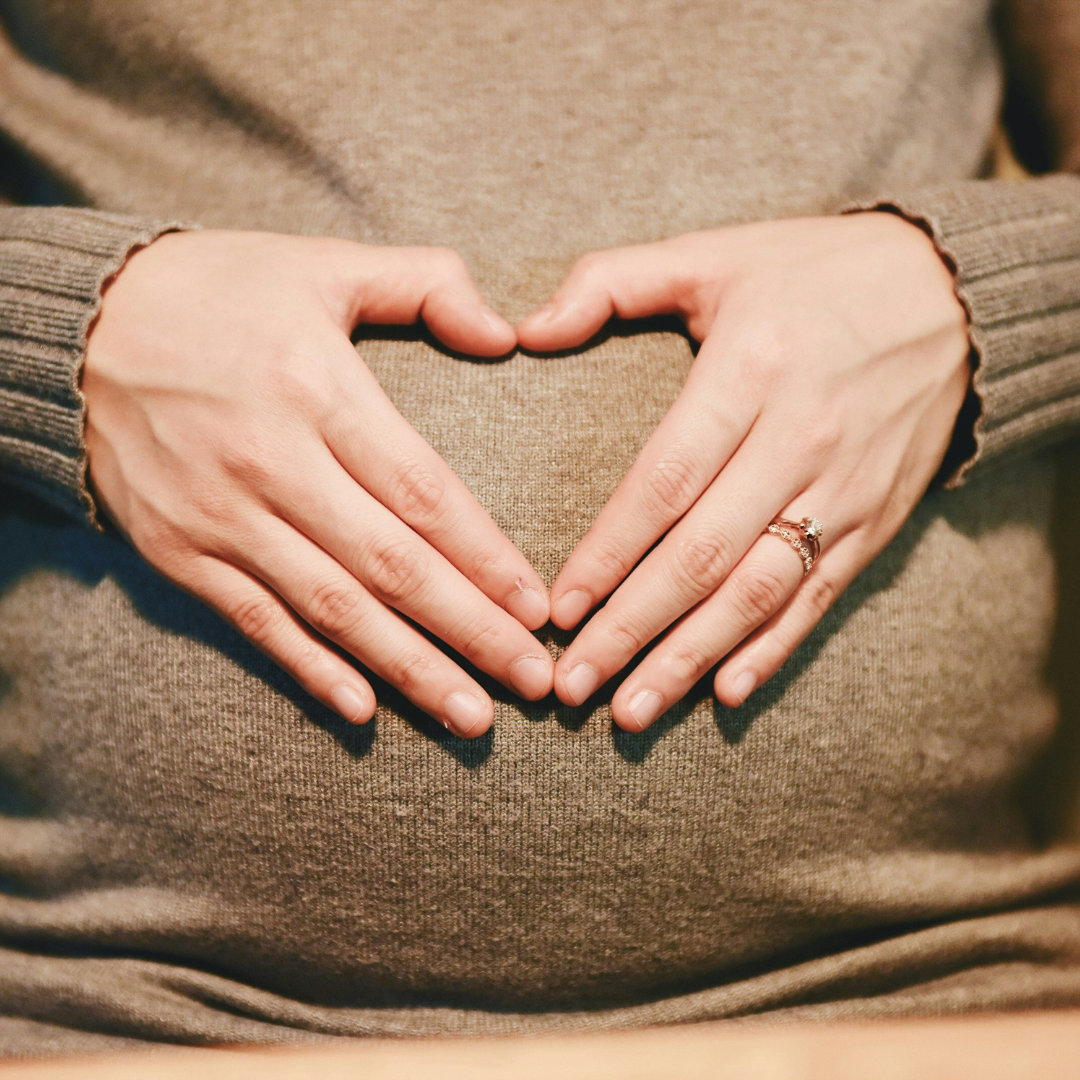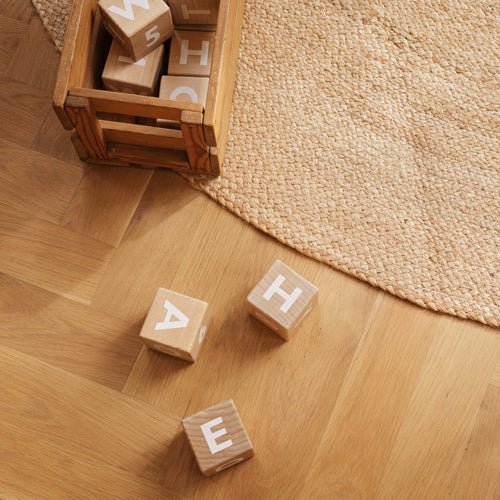


Feeding your newborn is not only an essential part of your day-to-day life with a baby, but also one of the most important bonding experiences you’ll experience as a new parent. However, if your baby seems to vomit right after feeding, this can raise various concerns and questions... Is my baby getting enough nutrients? Is my baby being fed too much? Is this normal? Is there something wrong?
So as not to keep you in suspense, the short answer is, in most cases, this is completely normal, and nothing is wrong with your little one. In fact, this ‘vomiting after eating’ is most likely something called spitting up, rather than actually vomiting. Spitting up is something that happens regularly to many newborns and sort of fades out over time. In this article, we will deep-dive spit-up, identify the differences between spitting up and vomiting, and give you a comprehensive overview of everything you need to know about the topic.
The first step towards easing concerns is to understand the differences between spit-up and vomiting, as they are two different things, often with different underlying causes.
-
Spit-up is the gentle flow of milk from your little one’s mouth, typically happening soon after being fed, for example when a baby is being burped or even a little while later, seemingly out of nowhere. Spit-up is typically nothing painful or upsetting to the baby and a process that's considered normal.
-
Vomiting tends to be a process involving more effort and is often an uncomfortable or distressing process for the baby. You may notice that vomiting involves your baby’s stomach contents being forcefully expelled and in larger volumes.
Both processes can happen to healthy newborns; however, spit-up is considered more common, whilst frequent forceful vomiting may point to some underlying health concerns. As we are not medical experts, we will focus on the more common scenario of spit-up in this article, rather than vomiting in the medical sense. If you feel uneasy about something or if you feel like your little one is having digestive issues, we recommend getting in touch with your pediatrician to address any concerns you may have.
As babies are still new to this world and adjusting, there is a wide range of factors that can contribute to them spitting up. Here are some of the common reasons babies spit up:
-
Babies frequently spit up after feeding when they ingested too much milk too quickly. Spit up is simply a baby’s way of indicating that they are full or fed too fast.
-
Some babies get easily distracted whilst feeding or feed too quickly when they are very hungry, which can lead to them swallowing air while feeding. This can often lead to uncomfortable pressure on their tummy, resulting in some milk being brought back up when they burp, causing them to spit up.
-
Many babies are often changed or moved immediately after feeding. This movement can lead to their stomach being jostled and therefore cause a baby to spit up milk.
-
Some babies also have food sensitives which can cause excessive spitting up. A prominent and common example is cow’s milk, which if included in the mother’s or baby’s diet can lead to frequent spitting up.
-
For many babies, spitting up can also just be a symptom of their stomach and digestive system still developing. Sometimes milk can come back up, simply because their esophageal sphincter, the valve that keeps food in the stomach, is still a little loose. This is completely normal and usually resolves itself over time as your little one grows and develops further.
In most cases spitting up is completely normal and there is no cause for concern. For some babies, spitting up is simply part of their feeding routine, and as long as your baby seems happy, is gaining weight and otherwise developing normally, there is usually nothing for you to be worried about. Of course, each baby is still unique, and if you think there is anything in your baby’s behavior that feels concerning or if they often seem uncomfortable rather than content or drowsy after feeding, getting in touch with your healthcare provider can be a good idea, as they typically know your baby’s specific needs and can respond to certain scenarios best.
In general, it can also be said that most babies that spit up after feeding tend to do so less as they grow and get older, and most tend to have stopped entirely by the time they celebrate their first birthday.
As said, spit-ups are usually pretty common amongst newborns, and there is nothing to worry about. Most babies tend to spit up when they have fed more than they can eat, so generally it can be said that your baby will most likely still consume enough nutrients, despite spitting up after feeding, if they are developing normally and being fed frequently enough.
A newborns' breast milk intake can vary, so it’s important to pay attention to feeding frequency and any signs like spit-up during or after feeding. In the early days, your baby may nurse as often as every 1 to 3 hours to help establish your milk supply and practice feeding, but as they grow, feeding typically becomes less frequent. Most exclusively breastfed babies nurse 8 to 12 times in 24 hours, though each baby is different. What matters most is that your baby seems satisfied and sleepy after feeding. For more details on feeding your newborn, read our guide on how often newborns should eat.
Whilst it's unlikely that you’ll be able to avoid spit-ups after feeding entirely, a few everyday tips and tricks can help you to reduce them:
-
Take breaks to burp: introducing pauses during feeding to allow your baby to burp. This helps release swallowed air and thereby reduces the pressure on your baby’s stomach, which can reduce spit-ups. Having lots of muslin cloths on hand can reduce the messiness of this process.
-
Avoid overfeeding: try to reduce the amounts fed in one go and rather feed more often, to reduce the strain of long large feedings on your baby’s stomach.
-
Minimize movement after feeding: avoid engaging in active play, such as swinging, tummy time or using a bouncy seat for at least 30 minutes after feeding. Instead, opt for a calming quiet cuddle; this can work wonders.
-
Feed more upright: try holding your baby in a more upright position when deeding, and also for a short time afterwards – gravity can help your baby’s stomach to keep the milk down.
-
Put your baby to sleep on their back: to avoid any strain on your baby’s tummy, avoid placing them on their tummy after feeding. Instead, place them on their back.
-
Monitor your own diet if breastfeeding: if you are breastfeeding yourself, monitoring your diet to identify any potential food sensitivities that are upsetting your stomach, and subsequently also your babies. In some cases, this can lead to fewer spit-ups.
-
If you are bottle feeding, watch for fast bottle flow: check the flow rate of the bottle nipple if you are using a bottle. Using a nipple with a slower flow can help reduce the amount of air swallowed and slow down feeding to make it easier on your baby’s stomach.
-
Experiment with feeding positions: some babies tend to feed better and spit-up less when feeding in certain positions. Whether you are breastfeeding or not, experimenting with a nursing pillow to try out different feeding positions can help identify the one that feels most natural to you and your baby.
As mentioned previously, most babies grow out of spitting up, usually between 6 to 12 months of age. By then, their stomachs have developed more, they have gotten used to feeding, are less likely to feed too much or to ingest air whilst feeding, meaning as they get older spit-ups will minimize and eventually stop entirely.
If your baby continues spitting past their first birthday, or shows other signs of unhealthy development, such as rapid weight loss, lack of appetite or significant discomfort after feeding, this may be a sign of some underlying issue. In this case, please consult with your pediatrician.
Whilst spit-up can feel worrying and messy, in the vast majority of cases it's entirely normal and just a part of your babies' development. With patience, care and love this phase will pass too, and you’ll soon miss the phase when your baby was so small you were the one feeding it.
Remember, every baby is unique and develops at a different pace that is entirely their own. You are doing a great job by being there and caring, and if something ever feels off – trust your intuition. It’s perfectly okay to check in with your midwife, pediatrician, or health visitor if you have questions or doubts. They’re there to support you, and no question is too small when it comes to your baby.
































